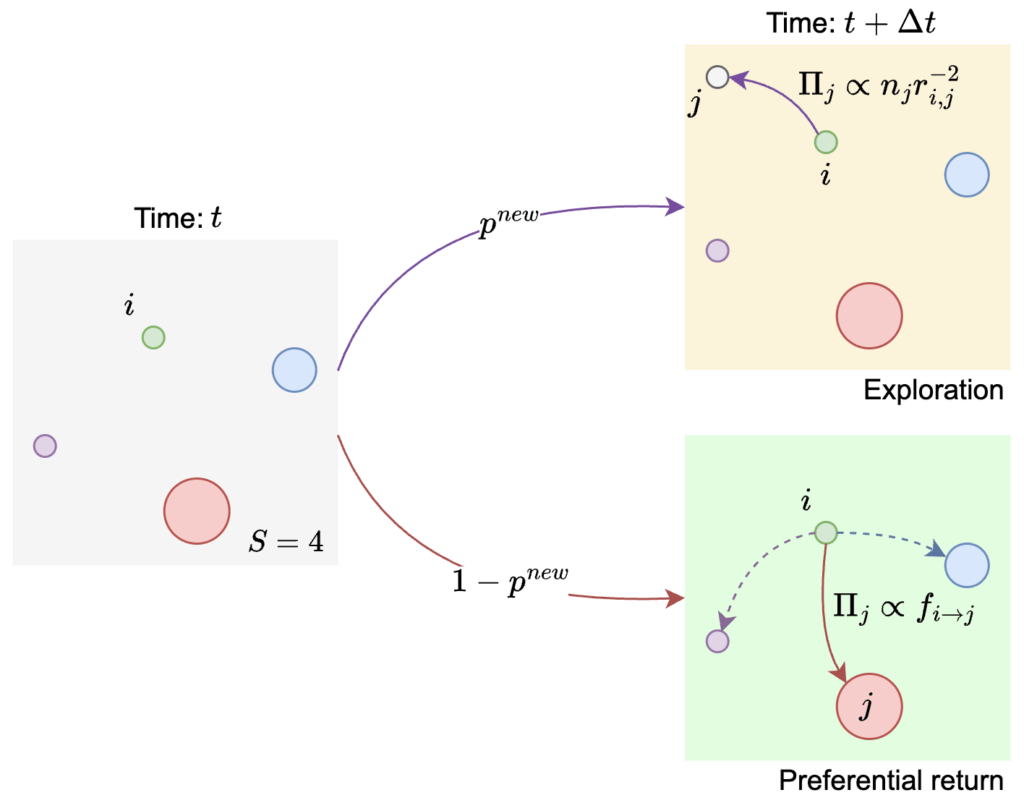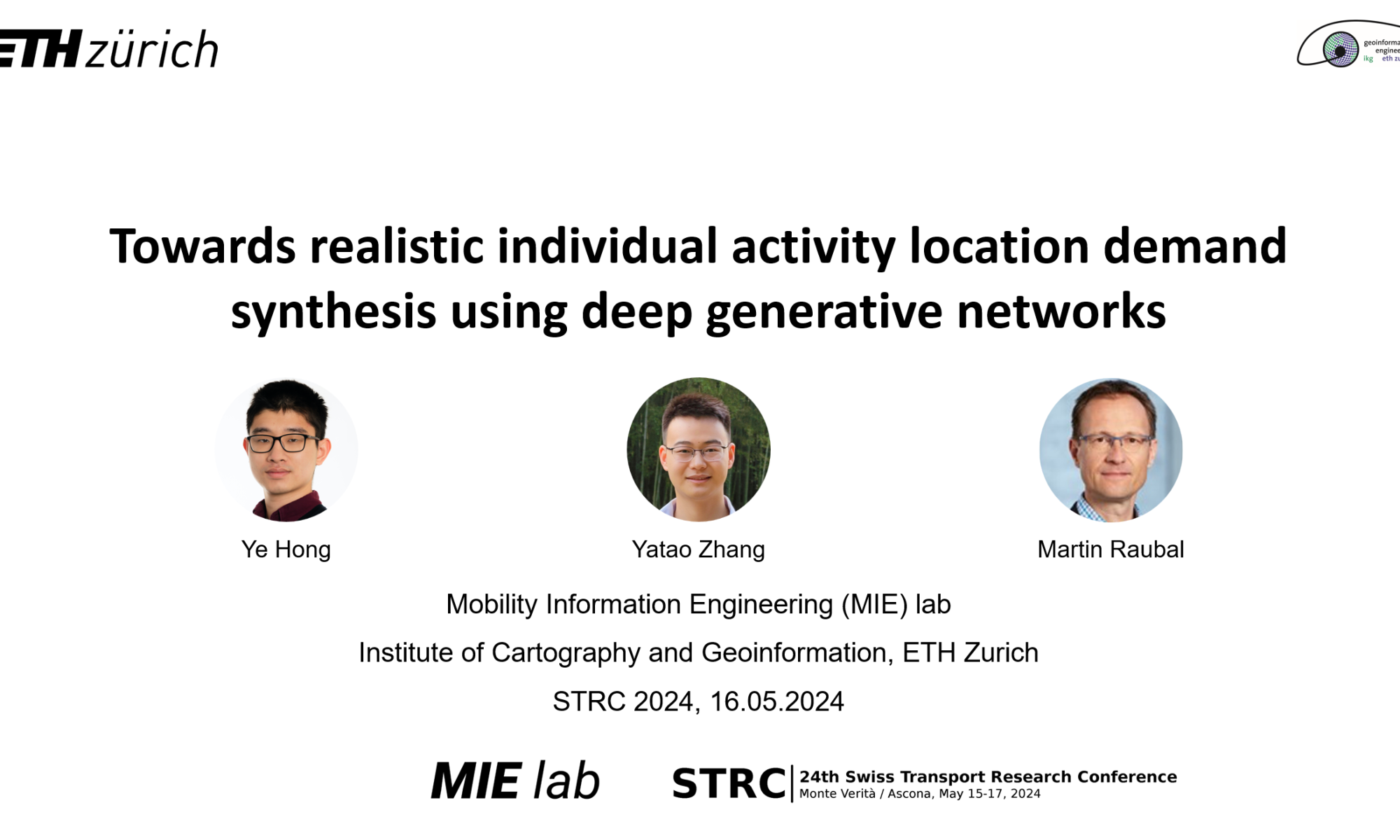We congratulate Dominik on completing his Master’s degree in Geomatics Engineering at ETH Zurich. Dominik wrote his Master’s thesis at the MIE Lab, where his work earned excellent grades and strong recognition.
Dominik received the ETH Medal for an outstanding Master’s thesis and the Willi Studer Prize for the highest average grade in the program (5.83/6).
His thesis, “UrbanFusion: Stochastic Multimodal Fusion for Contrastive Learning of Robust Spatial Representations,” introduces a self-supervised learning framework that builds unified spatial representations from multiple data sources. The model combines coordinates, street-view images, remote sensing, maps, and points of interest, and was trained and evaluated across 56 cities worldwide. The resulting embeddings support a wide range of urban analytics tasks, including housing price, energy consumption, land use, and public health predictions.
We are grateful to everyone involved in the project and proud to have supported Dominik during his time at MIE. We wish him all the best as he moves into the energy sector.
More information about Dominik’s background is available on his LinkedIn profile







